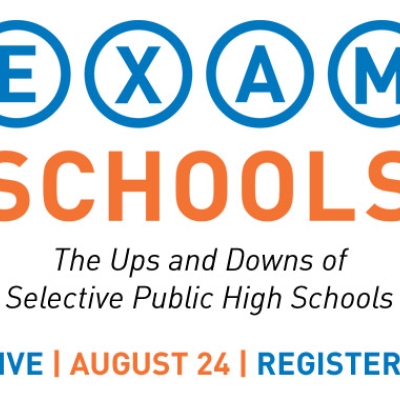
In June, NPR wondered if “Michigan Might Provide a Template for States Hoping to Leave Common Core,” but now things seem to have changed. Has Michigan found a winning legislative strategy for keeping the standards?
At the risk of speaking too soon, it's possible that Michigan has struck the right balance to allay concerns (mostly, but not entirely, concerns on the right) about the Common Core with a resolution that just passed the House after modifications were made by the Senate to the original House version. Following a “pause” of the standards that effectively defunded their implementation beginning October 1st, State Representative Tim Kelly sought—and seems to have found—a workable solution. The deal passed via a voice vote (no one officially registers a vote in support or in opposition) in the Senate on October 24 and in the House today. This development should make most proponents happy: A state has successfully defended the standards while—perhaps—calming many of the criticisms.
To be clear, though, Common Core aficionados will not be entirely pleased. For while the standards themselves seem safe for now, whether Michigan will actually administer the Smarter Balanced assessments seems far from certain. The House-approved language directs the State Board of Education and the Education Department staff to issue a report by December 1st that will essentially contain a menu of options relating to student assessments for the Legislature to consider when it addresses the FY 2014–15 budget.
In working to build support for the resolution, Rep. Kelly truly went out of his way to address concerns, telling one reporter it was like playing “whack-a-mole.”
The Michigan example represents one way to handle Common Core opposition. I'm confident that most supporters and opponents of the standards would agree that some of the rhetoric on both sides of this debate is outright ridiculous. On the one hand, the New York Times editorial board called the Common Core “clearly the most important education reform in the country’s history.” On the other, opponents have said all manner of outlandish and untrue things about the very same reform.
Nobody has stuck entirely to the facts—or to decent behavior. This has been summarized well by Rick Hess. At bottom, not only do many Common Core supporters think the opponents are ignorant Philistines, but they act like it, too.
A supporter might roll his eyes when a Tea Party activist says that as part of the Common Core, the government is going to collect data on students' religious and political beliefs; that the standards are indoctrinating students with radical ideologies; or that standards and curriculum are really the same thing. But read these excerpts from Michigan's “concurrent resolution to authorize the State Board and Education Department to move forward”:
The State Board of Education and the Michigan Department of Education may implement Common Core State Standards so long as Michigan's students and parents are assured of the safety and security of their personally identifiable student information by knowing that no non-education related information on students or their families, including, but not limited to, religion, political affiliations or biometric data, will be collected, tracked, housed, reported, sold, or shared with the federal government or outside entities.
The core academic curriculum content standards shall not include attitudes, beliefs or value systems that are not essential in the legal, economic, and social structure of our society, and to the personal and social responsibility of its citizens, as determined by locally elected school boards.
The State Board of Education and the Michigan Department of Education may implement Common Core State Standards so long as such standards do not dictate curriculum or prescribe a particular method of instruction.
Are these maneuverings more about politics than policy? Absolutely. But one thing should be absolutely clear: This is how you play whack-a-mole!




